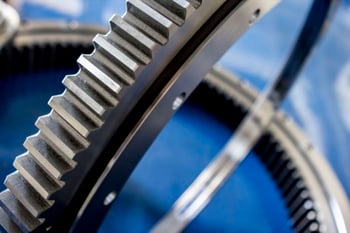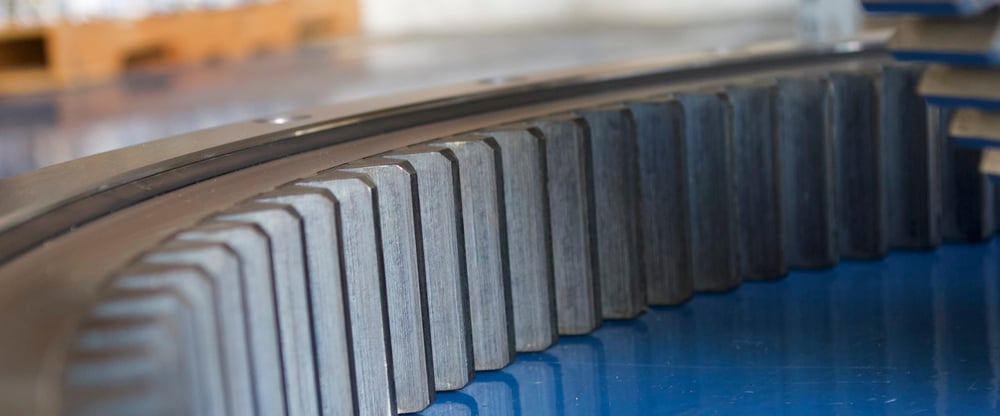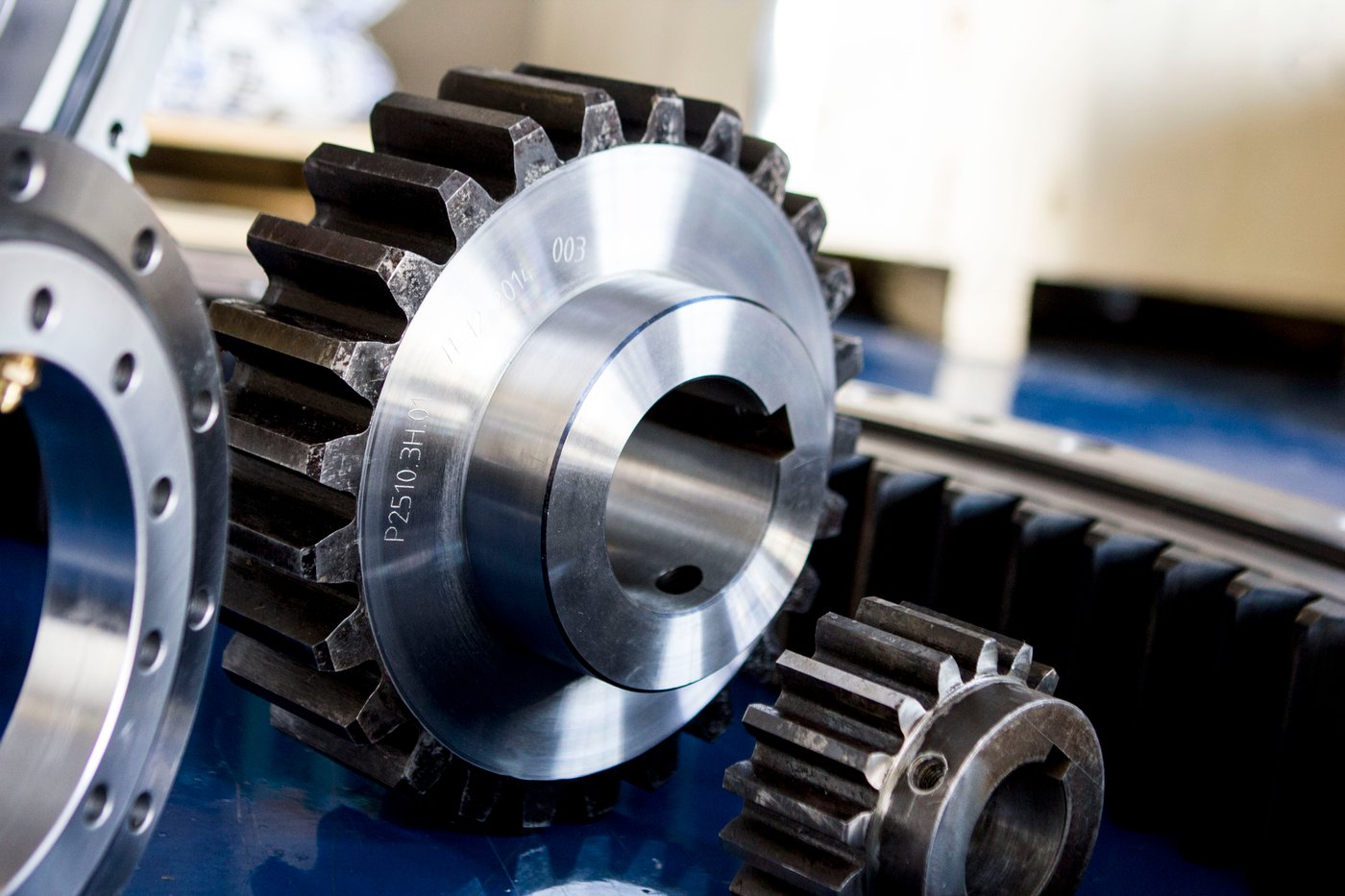 When it comes to purchasing a slewing ring bearing, it is common for original equipment manufacturers (OEMs) to do their procurement through a distributor. However, this is not always the best option - companies should instead deal directly with a bearings supplier. This type of communication offers a variety of benefits including reduced risk, reduced price, and faster response times.
When it comes to purchasing a slewing ring bearing, it is common for original equipment manufacturers (OEMs) to do their procurement through a distributor. However, this is not always the best option - companies should instead deal directly with a bearings supplier. This type of communication offers a variety of benefits including reduced risk, reduced price, and faster response times.
Risk
Slewing ring bearings are highly technical components. With that being said, it is best to deal with the manufacturer so nothing gets lost in communications between the supplier, distributor, and you. Miscommunications can lead to misapplications, which can result in terrible things - including fatalities. By eliminating the distributor from the equation all directions for the application of specific bearings are clear, reducing the chance of an error occurring.Price
Distributors rarely, if ever, provide value when you are sourcing slewing ring bearings for your projects. So why should you have to pay a marked up price? Removing the distributor means that there is no division of the final price you paid. As a result, overall prices of bearings are lower.Faster Response
Bearing suppliers are the experts on their products. Chances are, if a distributor is asked a highly technical question about a specific bearing, they’ll have to reach out to the supplier in order to give you an accurate answer. This ties back into risk. If your question gets miscommunicated, the answer you receive will not be what you’re looking for and the process will start again - stalling product development on your end.Suppliers on the other hand will work with you to ensure that you are using their product appropriately in order to optimize performance and design. Suppliers have a vast amount of industry knowledge and can offer suggestions that can:
- Improve how the bearing is being used
- Eliminate unnecessary components for optimized performance
- Reduce assembly labor
Suppliers also have the technology needed in order to look at your drawing files - most distributors do not. This again adds to the length of a project as the distributor will need to send the file to the supplier and wait on the response. Again, not adding any value to the process.
Overall, dealing directly with the supplier is a much more efficient way for original equipment manufacturers to use their time and budgets.
What other advantages do you see when buying directly from a supplier instead of going through a distributor? Share your thoughts in the comments.





